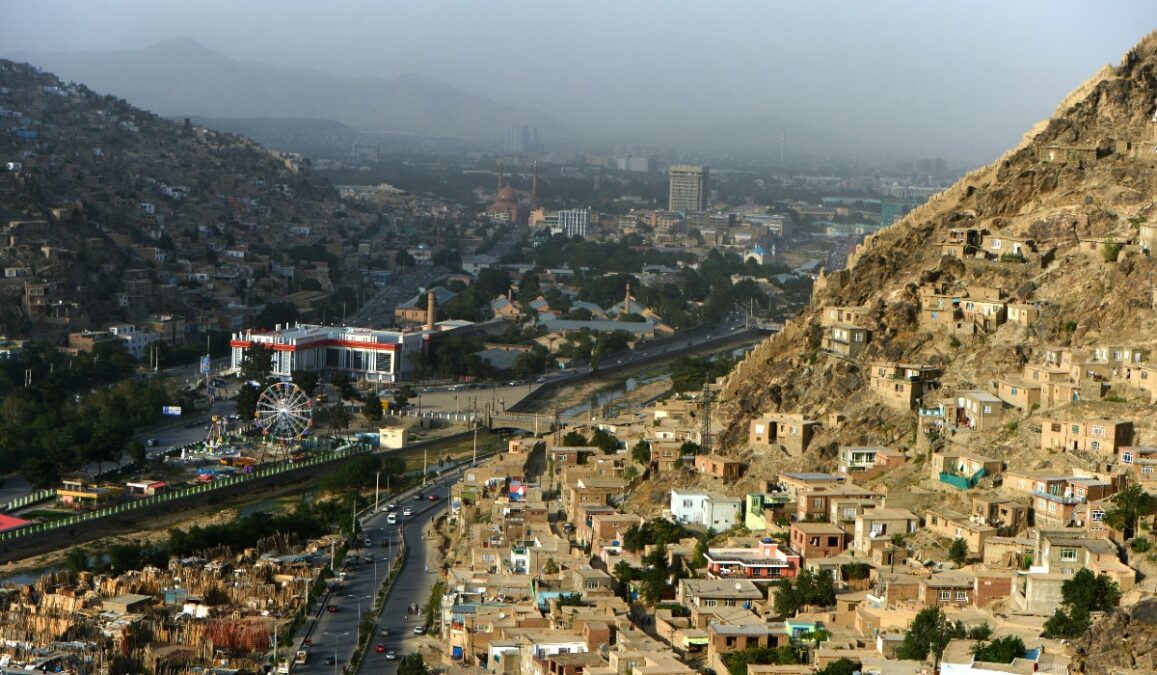Special Representatives for Afghanistan of nine nations and the European Union said this week that achieving peace and stability in Afghanistan requires “credible and inclusive national dialogue” in order to establish a representative and inclusive political system in the country.
Special Envoys and Representatives for Australia, Canada, the European Union, France, Germany, Italy, Norway, Switzerland, the UK, and the United States met in Paris in February to discuss the situation in Afghanistan.
In a joint statement this week, following their meeting, the envoys raised their concerns about the increased threat to security and stability in Afghanistan and the deterioration of the humanitarian and economic situation in the country.
According to the statement more than 28 million people – of which more than half are women and children – are in need of humanitarian assistance, and that six million are on the verge of starvation.
The envoys also raised concerns over the increasing deterioration of human rights and violations of fundamental freedoms of Afghans, particularly women and girls, as well as ethnic and religious minorities.
The envoys “strongly” condemned the Taliban’s decisions in December 2022 to ban Afghan women from university education and from working for non-government organizations.
According to the statement, the envoys “affirmed that these decisions violate and threaten not only Afghan women’s rights and freedoms, but also the overall much-needed social and economic development of the country, which will suffer greatly if half of the population is excluded from participating meaningfully.” They also emphasized that humanitarian assistance cannot be delivered fairly or effectively if limited by discriminatory policies or practices.
The representatives have called for the immediate reversal of “unacceptable” bans for Afghan women and girls, stating that they are preventing humanitarian assistance from reaching Afghans most in need.
They also stated that the Taliban’s responsibility is with the responsibility for the recovery of the country and the improvement of the economic situation; and stated that responding to the needs of the Afghan people should be the main preoccupation of the Taliban.
According to the statement, the envoys expressed grave concern about the increasing threat of terrorist groups in Afghanistan, including Daesh, al-Qaeda, Tehreek-e-Taliban Pakistan (TTP) and others, “which deeply affects security and stability inside the country, in the region and beyond”. As such they called on the Taliban to uphold Afghanistan’s obligation to deny these groups safe haven.
The envoys highlighted that achieving peace and stability in Afghanistan requires a credible and inclusive national dialogue leading to a constitutional order with a representative and inclusive political system.
The representatives, meanwhile, emphasized the need for ongoing humanitarian assistance to the people of Afghanistan and noted that aid should be delivered free from interference and that it “is not a sign of progress toward normalization of relations with the Taliban.”
The statement also emphasized the need for continued engagement with Afghanistan’s neighboring countries and other countries of the region to further deepen coordination on a joint response to the developing situation in the country.





